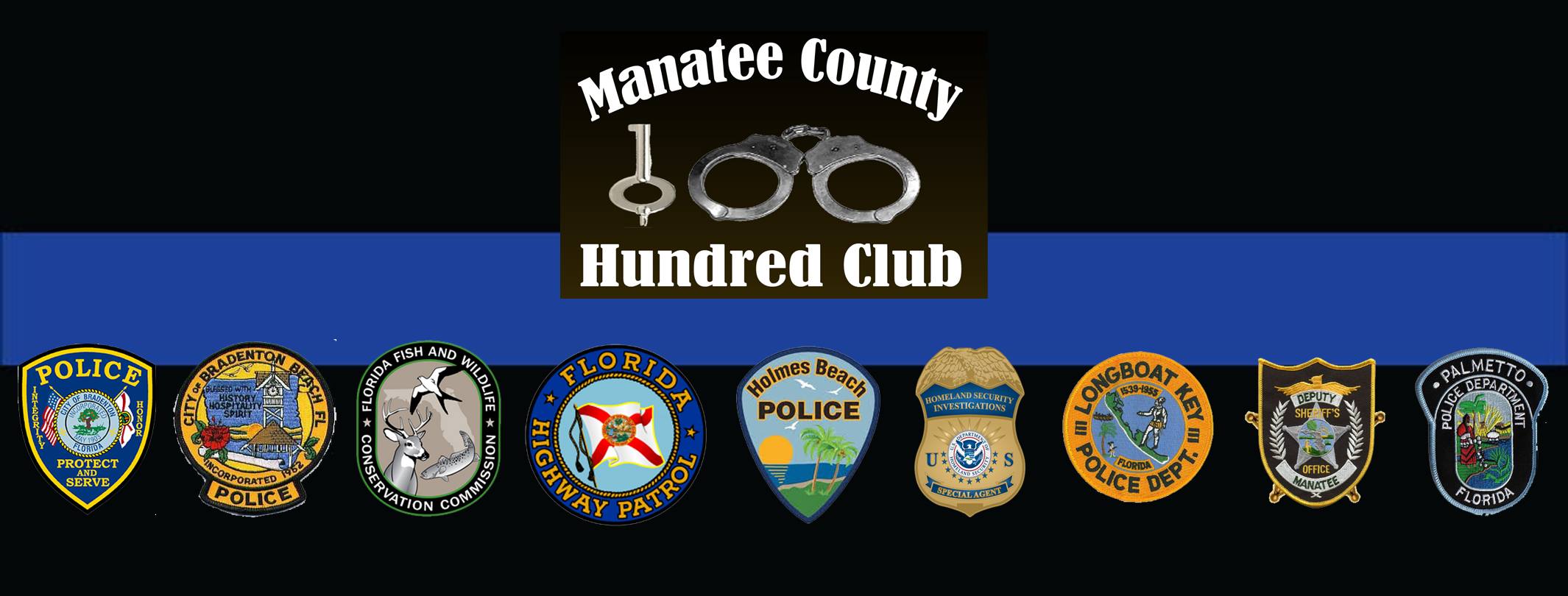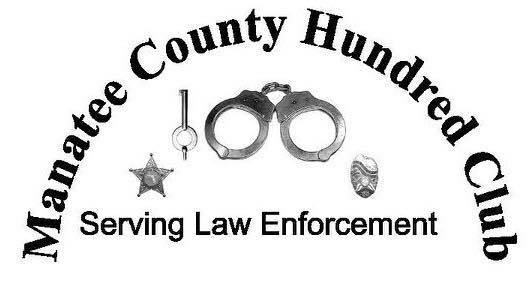Dogs have long been considered man’s best friend, but in the realm of local law enforcement, these four-legged companions take on much more than just the role of a loyal pet. Their unique set of skills and instincts make them invaluable assets to police forces around the world. In this blog post, we’ll explore the important roles that dogs play in local law enforcement agencies.
Search and Rescue Operations:
- Trained search and rescue dogs are instrumental in locating missing persons or individuals in disaster-stricken areas. Their keen sense of smell and agility make them an essential resource in situations where time is of the essence.
Tracking and Trailing:
- Canines equipped with tracking skills assist law enforcement in following the trail of suspects or locating evidence at crime scenes. Their ability to pick up scents and track individuals over various terrains is unmatched.
Narcotics Detection:
- K-9 units specializing in narcotics detection are pivotal in combating drug-related crimes. Their acute sense of smell enables them to identify the presence of illegal substances, aiding law enforcement in apprehending offenders and seizing contraband.
Explosives Detection:
- Dogs trained to detect explosives play a critical role in maintaining public safety at events, transportation hubs, and high-security areas. Their ability to identify potentially dangerous substances helps prevent acts of terrorism and protects the public.
Crowd Control:
- Specially trained police dogs assist in crowd control by providing a visible and intimidating presence. Their mere presence can help de-escalate situations and deter individuals from engaging in unlawful activities.
Handler Protection:
- Police dogs are fiercely loyal to their handlers and are trained to protect them from harm. This added layer of security is particularly beneficial in high-risk situations where officers may face physical threats.
Community Engagement:
- K-9 units actively engage with the community, participating in demonstrations and public events. This not only fosters positive relationships between law enforcement and the public but also helps dispel any negative perceptions associated with police work.
Therapy and Emotional Support:
- Beyond their operational roles, police dogs provide emotional support to officers. The companionship and unconditional love offered by these animals contribute to the overall well-being of law enforcement personnel, particularly in high-stress environments.
Patrol and Apprehension:
- Canines trained for patrol work assist in apprehending suspects and maintaining order. Their speed and agility, coupled with advanced training in apprehension techniques, make them effective partners for law enforcement officers.
Training Assistance:
- Police dogs often play a role in training exercises for law enforcement personnel. Their participation enhances the realism of scenarios, allowing officers to hone their skills in various situations.
In conclusion, the contributions of dogs in local law enforcement go far beyond their roles as companions. Their exceptional abilities in tracking, detection, and protection make them indispensable members of the law enforcement community. The bond between officers and their K-9 partners not only enhances operational effectiveness but also showcases the enduring partnership between humans and their dedicated canine counterparts.
Author
-

Manatee Hundred Club Board Member and Supporter of Law Enforcement.
View all posts
Local Business Owner - Secure HR, LLC and Bridgely Key Options, LLC
Secure HR, Bridgely Key




